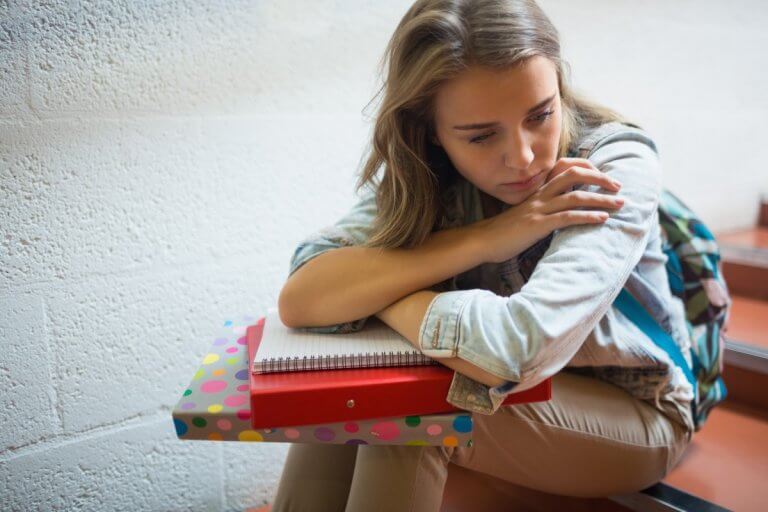
Being a broke student is a tale as old as time. Most students don’t expect fancy dinners, expensive holidays and lavish housing while studying. But new data shows students in the US are forgoing more than they bargained for, including nutritious meals and a place to live. So, how can privileged students help?
Data released by Wisconsin Hope Laboratory found that out of 43,000 students at 66 institutions across 20 states, 36 percent of students in the past year were uncertain they would be able to meet their nutritional needs.
In the same period, 36 percent were also worried they would not be able to afford rent or utility bills and nine percent were homeless within the past year.
Students who do not face housing and food concerns (48 percent of those surveyed) can support more vulnerable students through student-led initiatives, such as such as the student-run College and University Food Bank Alliance which offers food to those struggling to afford it, and meal-sharing apps.
Twenty-five percent of university students admitted to skipping meals or reducing portion sizes because of financial worries for at least three days in the 30 days preceding the survey, showing the extent of the issue.
Why, in a country that has 1 of the best education system, do we have students that cant afford food on campus? I know ppl @RyersonU who go hungry to save 4 their education. Student poverty is a bigissue yet its constantly looked past, lets not act like this doesnt happen #ONPoli
— Dmytro Basmat 🇺🇦🇨🇦 (@DmytroBasmat) March 28, 2018
These insecurities are linked to poorer academic performance, according to the study.
“The people ‘the closest to the problem are closest to the solution’, and students are leading efforts to ensure that basic needs insecurities are addressed on campuses around the country,” reads the report.
Marginalized students are reportedly disproportionately affected by these housing and food insecurities.
This means international students, who make up a significant proportion of marginalized students in the US, are likely to suffer education setbacks.
The study shows that over half of black students have faced food and housing insecurity in the past year, and 13 percent have found themselves homeless.
Asian students were relatively better off, with 36 percent experiencing nutritional worries, 37 percent navigating housing insecurities and seven percent becoming homeless.
Middle Eastern students were also largely affected as 43 percent dealt with food concerns, almost half had housing insecurities and 12 percent became homeless.







